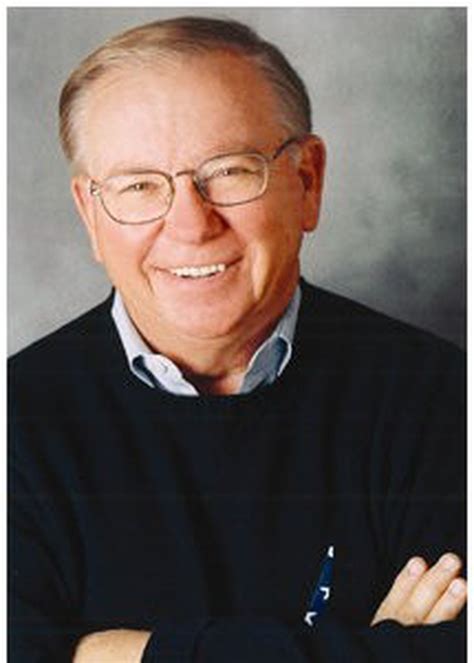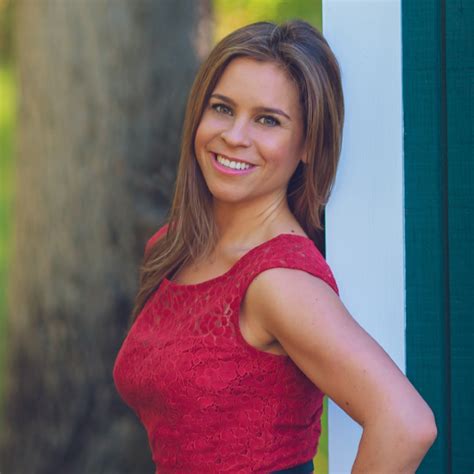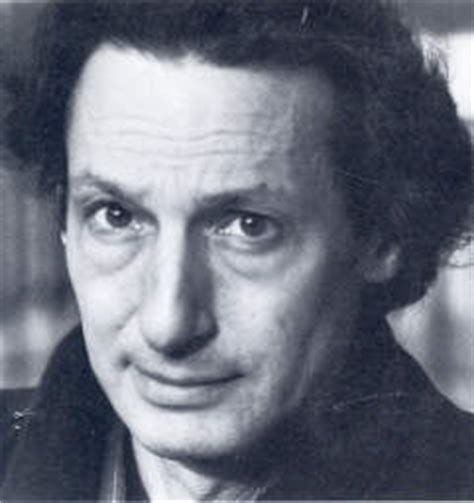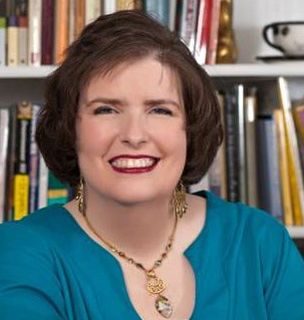A Quote by Nicole Krauss
My first novel, 'Man Walks Into a Room,' is about a man who's lost his memory and has to start a second life. On one level, it's about how we create a coherent sense of self.
Related Quotes
One thing that the white man can never give the black man is self respect. The black man in the ghettos, have to start self correcting his own material moral, and spiritual defects, and evil. The black man need to start his own program to get rid of drunkenness, drug addiction and prostitution. The black man in America has to lift up his own sense of values.
There must be a solemn and terrible aloneness that comes over the child as he takes those first independent steps. All this is lost to memory and we can only reconstruct it through analogies in later life....To the child who takes his first steps and finds himself walking alone, this moment must bring the first sharp sense of the uniqueness and separateness of his body and his person, the discovery of the solitary self.
Why does a dad matter so much to a daughter, in particular? A dad is the one who teaches a daughter what a male is all about. It's the first man in her life--the first man she loves, the first male she tries to please, the first man who says no to her, the first man to discipline her. In effect, he sets her up for success or failure with the opposite sex. Not only that, but she takes cues from how Dad treats Mom as she grows up about what to expect as a woman who is in a relationship with a man. So Dad sets up his daughter's marriage relationship too.
The art and science of memory is about developing the capacity to quickly create images that link disparate ideas. Creativity is the ability to form similar connections between disparate images and to create something new and hurl it into the future so it becomes a poem, or a building, or a dance, or a novel. Creativity is, in a sense, future memory.
A woman with confidence is hypnotic. A smile is mesmerizing. Presence, openness, a sense of humor—these are all things that make a woman attractive. We’ve all experienced the presence of someone who walks in and lights up a room. It’s never about their looks but about their energy. Allow yourself to light up the room by being your beautiful self.
You start to worry about what happens if you don't win. You start to fear man because you want praise from man. You start thinking about how winning will lead to more money. There are a lot of sin issues inside of that. So now when I go into competition, I have to take my thoughts captive and use God's Word to fight that battle.
Historians constantly rewrite history, reinterpreting (reorganizing) the records of the past. So, too, when the brain's coherent responses become part of a memory, they are organized anew as part of the structure of consciousness. What makes them memories is that they become part of that structure and thus form part of the sense of self; my sense of self derives from a certainty that my experiences refer back to me, the individual who is having them. Hence the sense of the past, of history, of memory, is in part the creation of the self.
She didn't want to think about how wrong this was or how foolish it was to give herself to a known seducer. Because tonight Oliver wasn't that man. Not to her. He was the boy who'd cried over his dead mother, the young man who'd lost himself in drink and women to forget the past, the marquess who'd vowed not to marry for money. He was the man to be her lover.
If you're a history buff, you know about J. Edgar Hoover. He was likely the most powerful man in the US. If you start reading about him, the books contradict each other constantly. I was often left with very little sense of the man personally. I had a sense of what he did and didn't do and what people disagreed about whether he did this or didn't do this or that, but I was like, "Why? Why was he doing all of this?" That was my big question.
Charity is in the heart of man, and righteousness in the path of men. Pity the man who has lost his path and does not follow it and who has lost his heart and does not know how to recover it. When people's dogs and chicks are lost they go out and look for them and yet the people who have lost their hearts do not go out and look for them. The principle of self-cultivation consists in nothing but trying to look for the lost heart.
[There is] one distinctly human thing - the story. There can be as good science about a turnip as about a man. ... [Or philosophy, or theology] ...There can be, without any question at all, as good higher mathematics about a turnip as about a man. But I do not think, though I speak in a manner somewhat tentative, that there could be as good a novel written about a turnip as a man.







































